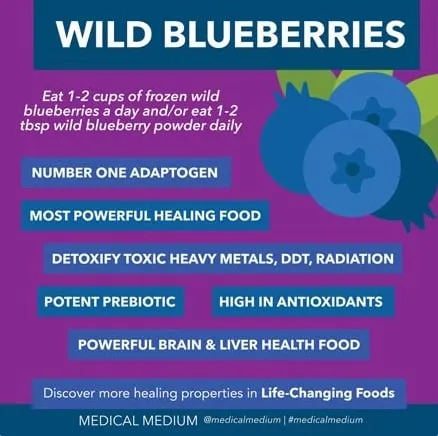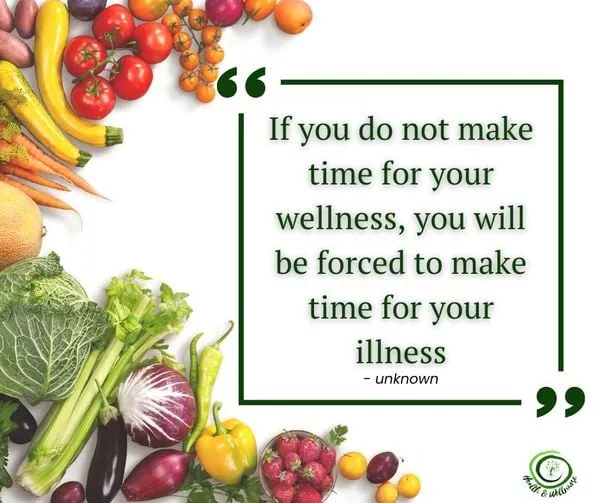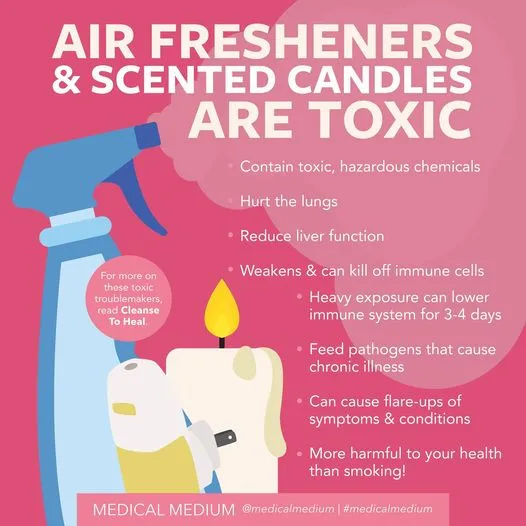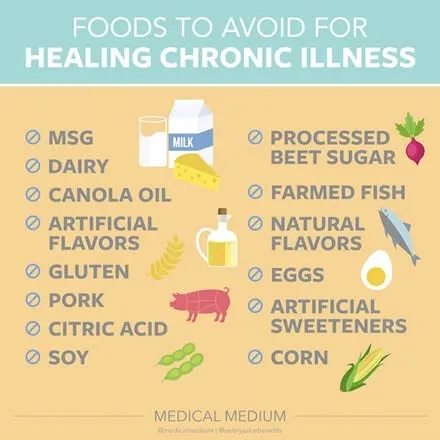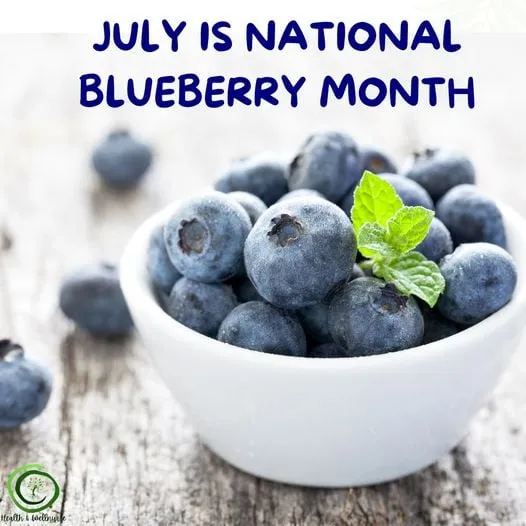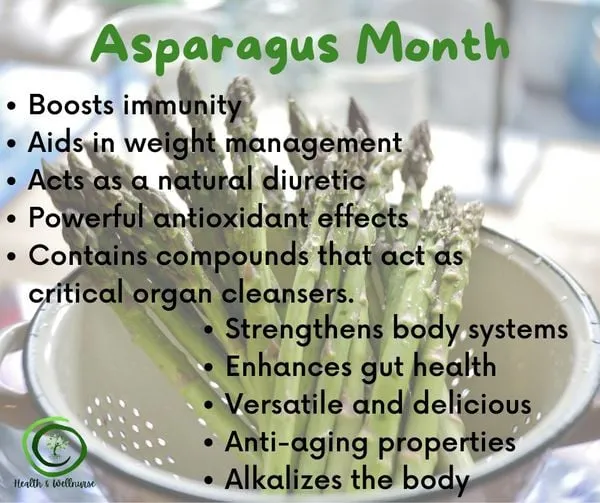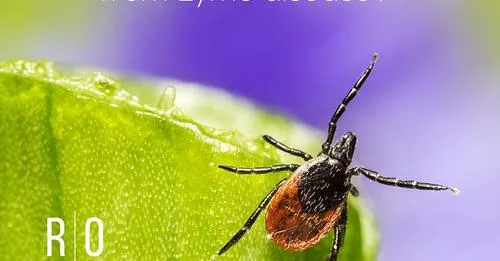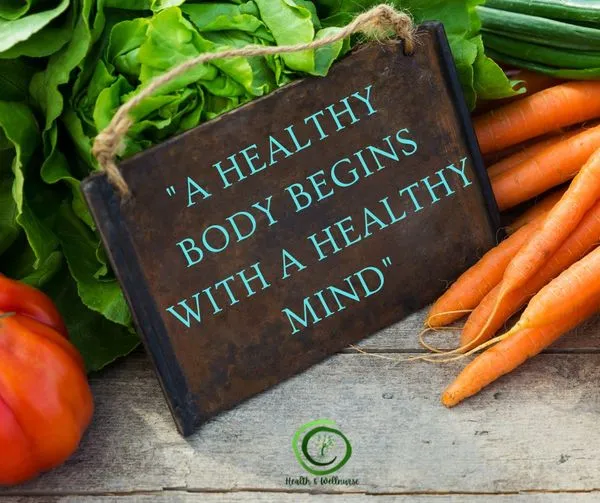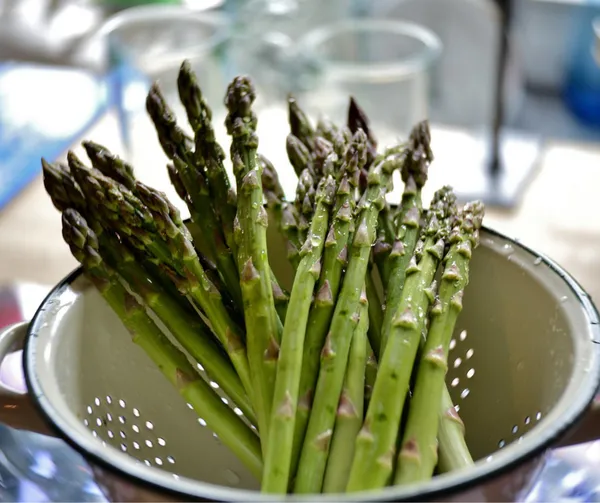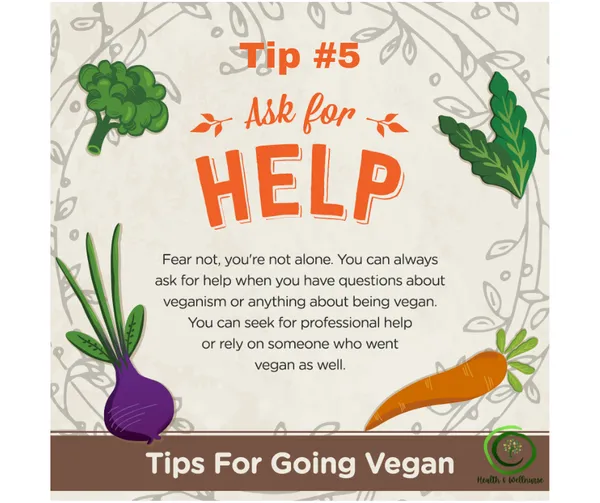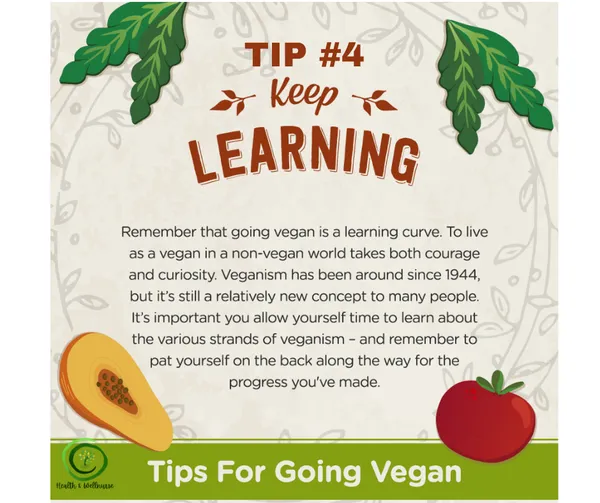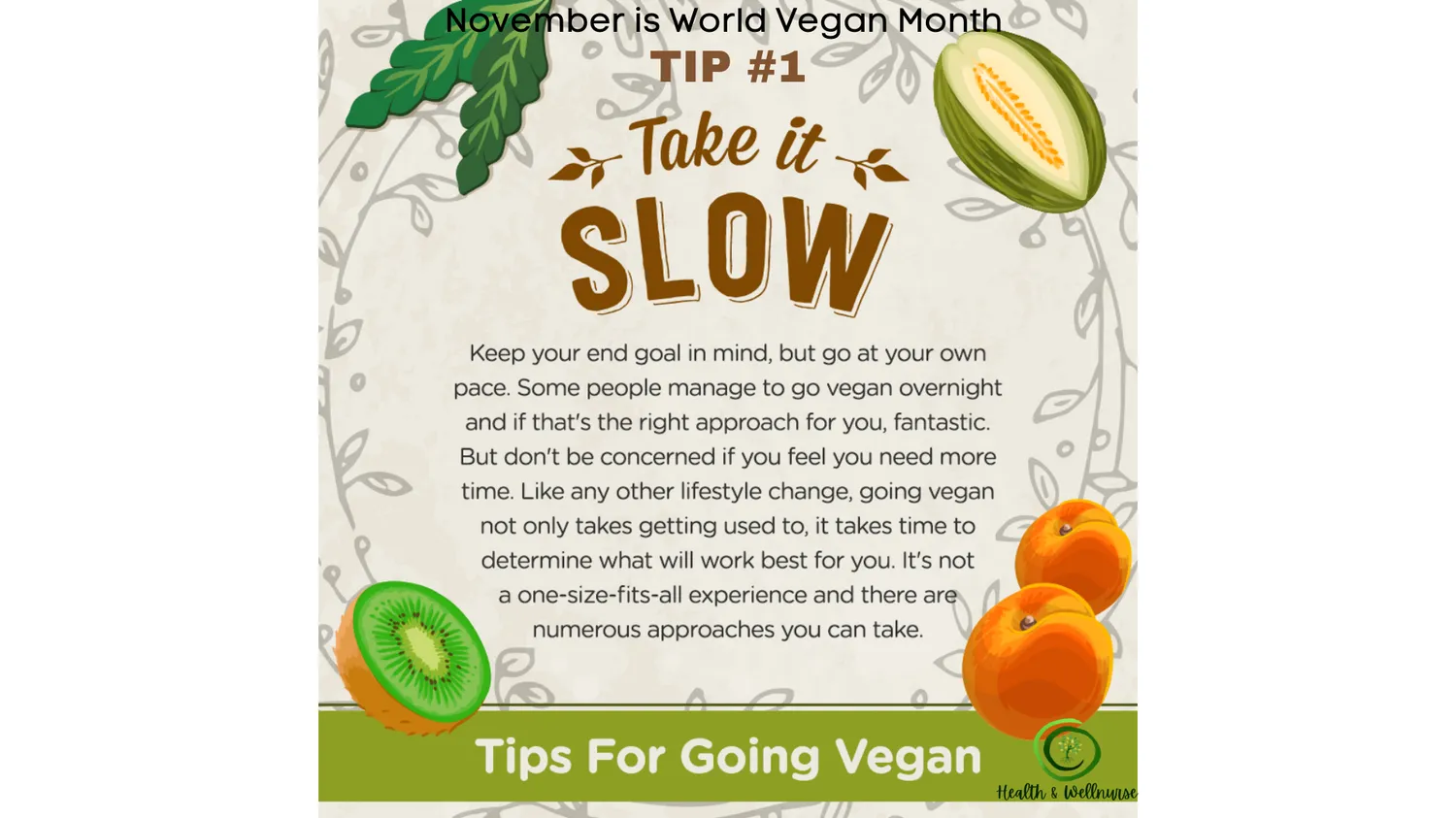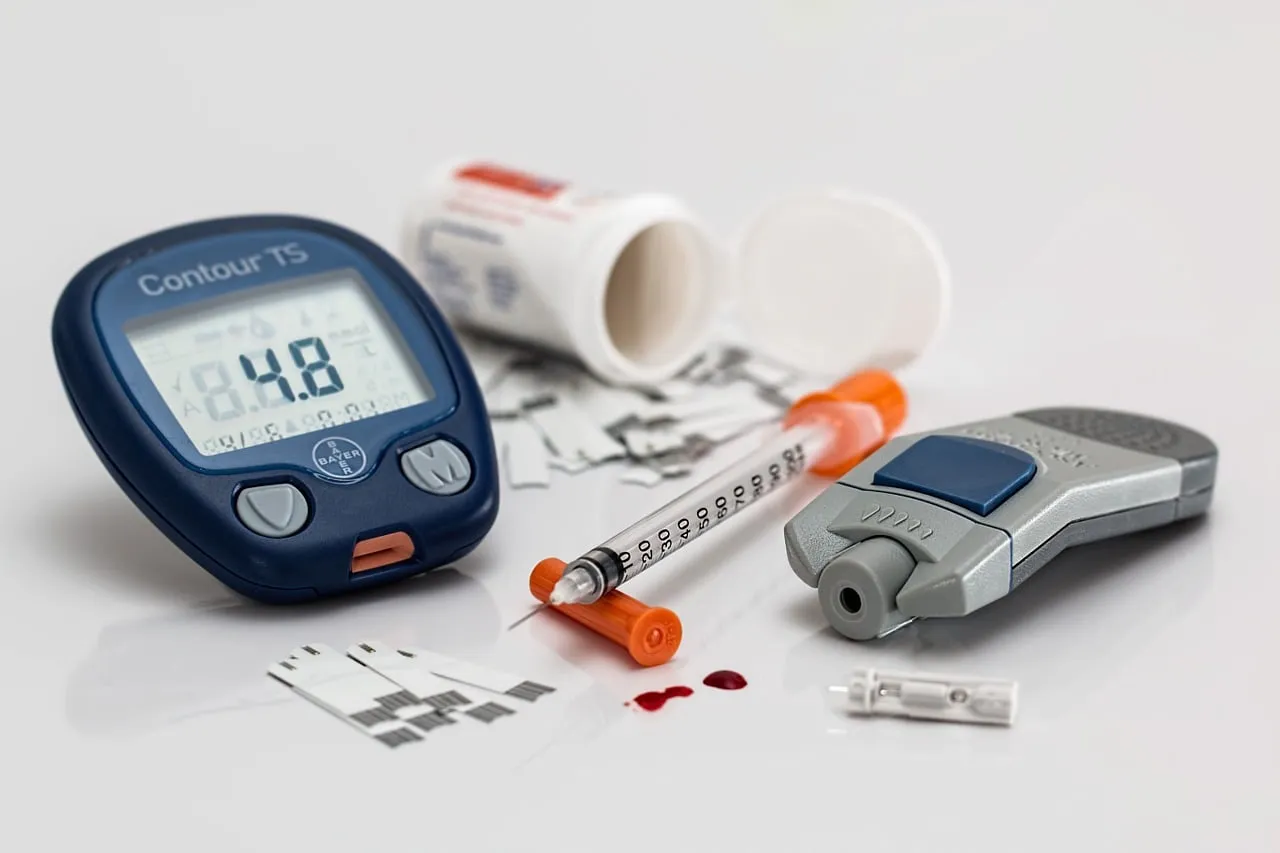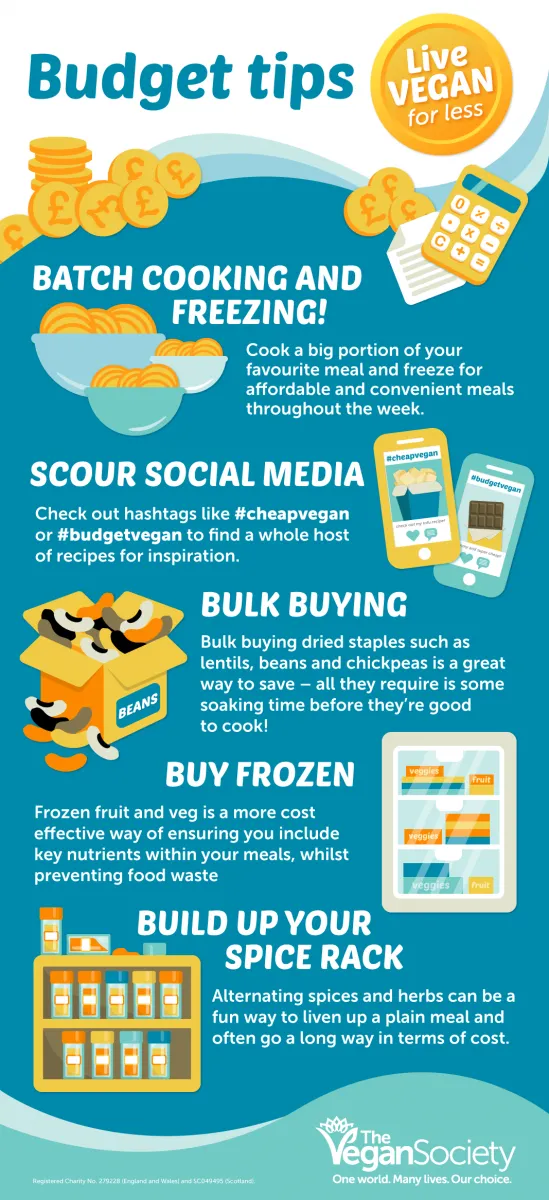Diabetes Awareness Day Nov 14.
Diabetes is a growing problem. Experts believe that more than 15 million Americans have high blood sugar. If you have Diabetes in your family or otherwise are at risk, it makes sense to take some preventable steps. Type II diabetes is the most preventable form of the disease.
Here are some tips that may help prevent diabetes from developing in your life.
Proper Diet - Foods That May Prevent Diabetes.
Many sources suggest that a diet emphasizing plant foods is important for preventing diabetes. Other foods that may help stabilize blood sugar and keep you from developing full-blown diabetes include the following:
- Choose the right carbohydrates. All foods stimulate your blood sugar, but simple carbohydrates like white bread or cookies cause the most extreme spikes. Opt for carbohydrates that are critical for healing such as fruit, potatoes and sweet potatoes, winter squash, or coconut water.
- Magnesium-rich foods like black beans, spinach, and almonds are said to help prevent diabetes. Interestingly, diabetics are often deficient in magnesium, sources say.
- Drink more water. Your body flushes out excess glucose through urination. By drinking more water, you make the whole process more efficient.
- Onions and garlic are natural blood sugar regulators. Black bean soup with garlic or black bean burgers with onions would be great!
- Exercise. It's important for everyone, but for those who wish to prevent diabetes, exercise is especially essential. For one thing, vigorous activity tends to lower blood sugar. For another, exercise usually results in weight loss if it's practiced regularly and properly. Maintaining a healthy body weight is key to diabetes prevention. Just in Case...
There are some possible preventative measures you can take that are controversial, or at least the jury is still out as to whether or not these measures are effective. If they're healthy measures, though, it might pay to err on the side of caution and implement them even if their effectiveness against diabetes is uncertain. Some examples of this type of prevention include:
- Reducing stress, whether through stretching, meditation, prayer, or other forms of stress reduction. Some studies suggest that chronic stress may increase your risk for developing diabetes.
- Reducing high blood pressure may also help prevent diabetes. These two conditions often exist together, and research suggests that high blood pressure may even trigger the onset of diabetes. Keeping your blood pressure under control is a healthy thing to do anyway, so you really can't lose on this one.
- High fructose corn syrup, that sweetener we all love to hate, may or may not be implicated in the development of diabetes. It may be no more of an issue than white sugar. Once again, cutting HFCS out of your diet is not a dangerous thing to do and may even be healthier, so it's a win-win if you cut it out of your diet for whatever reason.
- Trans fats and saturated fats are usually included on the "do not eat" list for those wishing to prevent diabetes. It's been suggested that these artery-clogging fats can exacerbate or even trigger Type II diabetes symptoms.
- Eat frequently. In order to maintain a normal level of blood glucose, it's important to eat several smaller meals throughout the day in lieu of three large meals. If possible, eat a small meal every two to three hours. The secret to successfully implementing this tip is to always keep something on hand. A meal can be anything from a fruit smoothie or banana to a granola bar. As long as you have something nutritious, somewhat filling, and portable on hand, you'll be worry-free.
- Plan your meals ahead of time. Pack yourself a healthy lunch for work before bed each night and then simply grab and go. You may want to keep a bag of unsweetened dried fruit in your car or a granola bar in your desk as well.
Be mindful. Being diagnosed with Type II Diabetes needn't signify the end of your culinary adventures. Portion and quality control are essential aspects of adapting your diet. You can still have tasty foods; however, you'll just need to keep a watchful eye on exactly what and how much food you consume.
Small, but vital adjustments, such as planning your meals ahead of time, eating small but frequent meals, eliminating fatty foods, and eating more of the healthy whole, plant-based foods make a big difference that can lead you to greater health.
Make a great day!
Jennifer,
Health & Wellnurse
DISCLAIMER: The content in this Post is for general informational purposes only and should not be considered medical advice. Jennifer Anastacio and Health & Wellnurse are not liable for any loss, injury, or damages resulting from the use or interpretation of this information. Individual results may vary. Consult a qualified healthcare professional for personalized advice.

